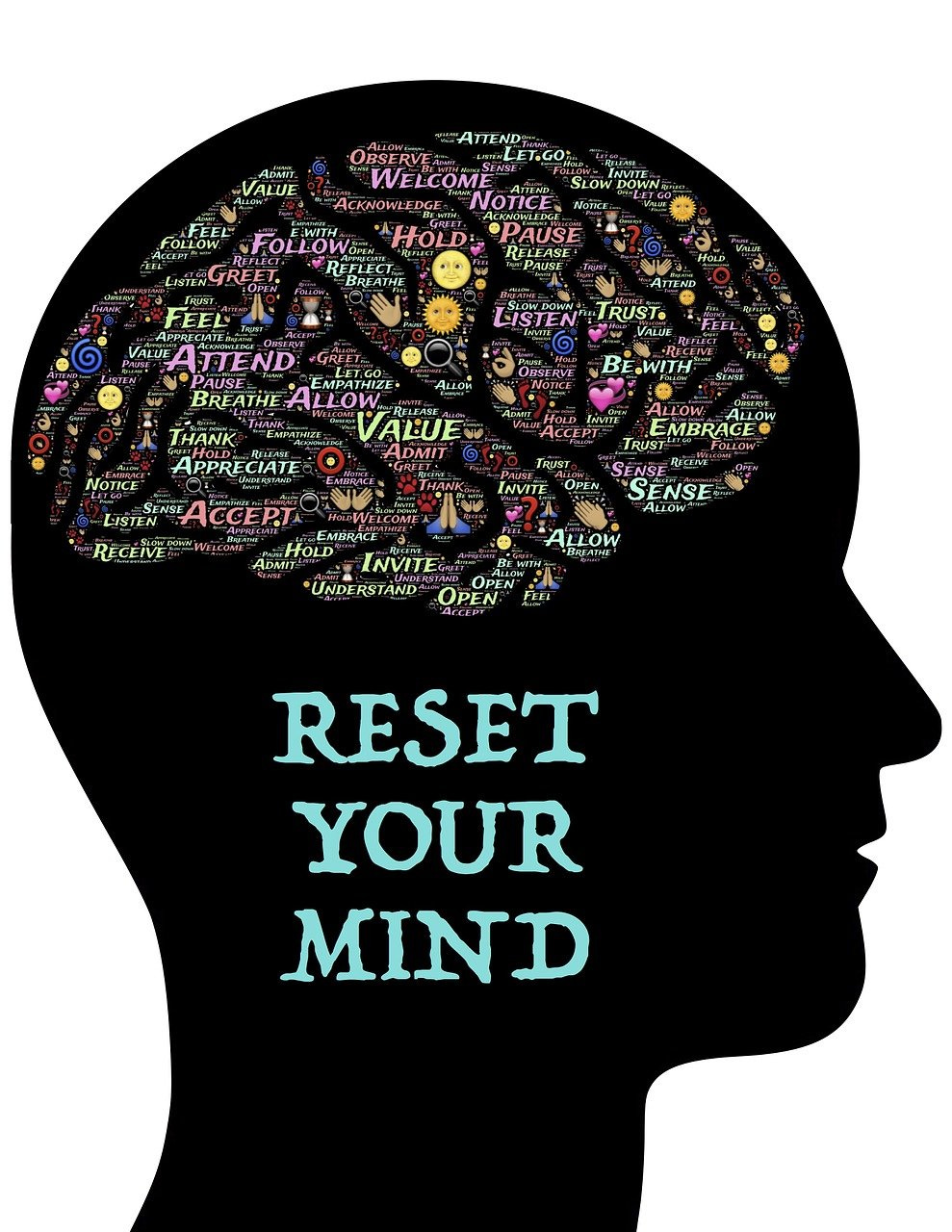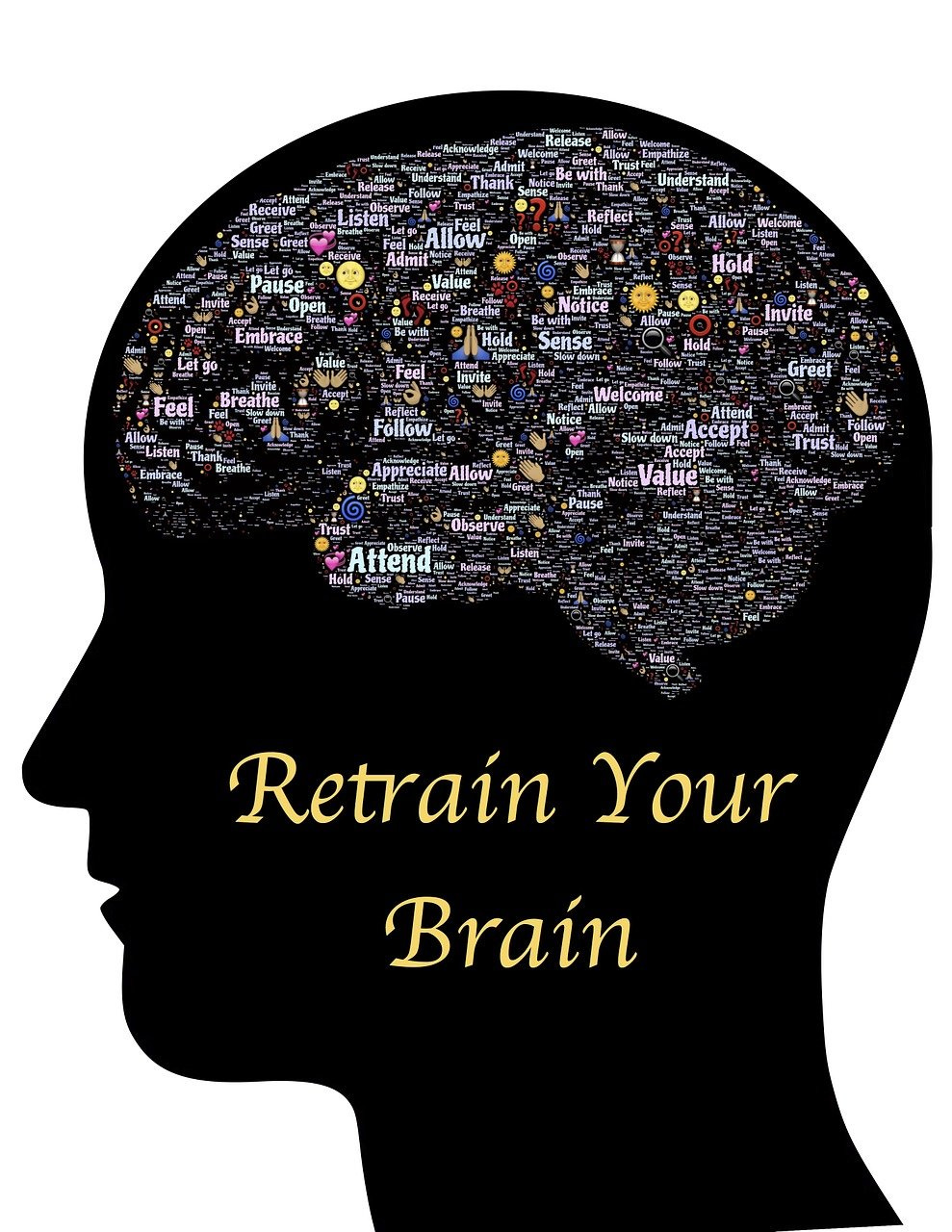In a world teeming with specialized knowledge and niche expertise, the concept of holistic thinking offers a refreshing, encompassing perspective. Holistic thinking is not merely a method but a philosophy of understanding the world in its entirety, not just as isolated parts. This approach can revolutionize not only personal viewpoints but also how industries and disciplines tackle their most complex challenges. From technology and finance to education and health, embracing a holistic view allows us to connect the dots in ways that are often overlooked in traditional analyses. This article explores the power and potential of holistic thinking across various spheres, demonstrating how it can lead to more insightful, sustainable, and equitable solutions. By weaving together the threads of multiple disciplines, holistic thinking enables a deeper understanding and a more integrated approach to the problems and opportunities we face today
Understanding Holistic Thinking
What does it mean to think holistically? At its core, holistic thinking involves viewing problems, systems, or situations as interconnected wholes rather than mere collections of parts. This approach has its roots in ancient philosophies that emphasized the interconnectedness of the universe, a perspective that has significant relevance in today's complex world.
Traditional approaches often focus on compartmentalizing problems, breaking them down into manageable, isolated pieces. While this method has its merits, especially in handling highly specialized tasks, it often overlooks the broader implications and interdependencies. Holistic thinking challenges this by advocating for a comprehensive view that considers all facets of a situation, including those that might not be immediately apparent.
For example, in healthcare, a holistic approach wouldn't merely treat the symptoms of an illness but would consider the patient's overall physical and mental health, lifestyle, and environment. This methodology extends to fields like information technology, where systems thinking requires understanding the entire ecosystem of technologies and user interactions rather than just the specifics of one software application or hardware component.
The shift towards holistic thinking is not just philosophical but practical. It empowers practitioners in all fields to seek solutions that are not only effective in the short term but also sustainable and beneficial on a larger scale. By fostering this mindset, we can cultivate a society that appreciates both the complexity and the connectivity of the world, leading to more innovative and inclusive outcomes.
Holistic Thinking in Different Disciplines
Information Technology. In the realm of information technology, holistic thinking manifests through system architecture and user experience design. IT professionals apply a holistic approach by considering not only the technical requirements but also how users interact with technology in their daily lives. For example, developing a new software platform involves understanding the complete workflow of potential users, their pain points, and how the technology will fit into the broader tech ecosystem. This comprehensive perspective ensures that solutions are not only technically sound but also user-friendly and seamlessly integrated into existing processes.
Finance and Fintech. Finance professionals increasingly recognize the importance of a holistic approach, especially in areas like financial planning and fintech innovation. By considering a client's entire financial landscape—including savings, investments, debts, and personal goals—financial advisors can craft strategies that are more tailored and effective. In fintech, holistic thinking helps innovators create tools that better integrate with consumers’ financial lives, such as apps that combine budgeting, investing, and debt management in one platform.
Economy. Holistic economics looks beyond the traditional metrics of growth to include factors like environmental sustainability and social welfare. Economists who embrace this approach advocate for policies that achieve balanced growth, considering the long-term impacts on natural resources and the quality of life. This shift is crucial for addressing environmental challenges, economic progress and social fairness, where isolated solutions might overlook broader or downstream effects.
Education. In education, a holistic approach means considering the emotional, social, and cognitive development of students, not just their academic performance. Educators who adopt this philosophy integrate methods that support all areas of student growth, including art, physical education, and social skills, alongside traditional subjects. This approach fosters a more rounded development, preparing students not only for tests but for life challenges and opportunities.
Psychology and Wellbeing. Holistic psychology emphasizes understanding individuals in their entirety, including their mental, emotional, physical, and social health. Therapists who use holistic methods might incorporate techniques from various psychological schools and beyond, like mindfulness, physical activity, and nutritional advice, to treat the whole person. This approach is particularly effective in mental health care, providing comprehensive strategies that address the complex nature of psychological issues.
Social Wellbeing. At the community and societal level, holistic thinking focuses on creating environments that promote overall well-being. Initiatives might include urban planning that integrates green spaces, community centers, and accessible public transportation to enhance the quality of life. Such approaches consider the long-term well-being of the population, aiming to create spaces that are not only efficient but also nurturing and sustainable.
Benefits of Holistic Thinking
Adopting a holistic approach offers numerous benefits across various sectors. By understanding systems and challenges as interconnected wholes, solutions become more comprehensive and sustainable. Here are some key benefits:
Improved Innovation: By looking at the whole picture, practitioners can innovate more effectively, anticipating future challenges and opportunities rather than merely reacting to immediate problems.
Enhanced Sustainability: Solutions that take into account environmental, social, and economic factors are more likely to be sustainable in the long term, reducing waste and preventing unintended consequences.
Greater Inclusivity: Holistic thinking encourages considering diverse perspectives and needs, leading to outcomes that benefit a broader range of people.
Story Example: Consider a city that implemented a holistic waste management system. Instead of focusing solely on waste disposal, the city integrated recycling, composting, and waste reduction programs, leading to significant improvements in environmental quality and public satisfaction.
By fostering holistic thinking, we can create a more resilient, inclusive, and sustainable future.
Final Thoughts
The journey through the realms of information technology, finance, education, psychology, and community well-being underscores the profound impact of holistic thinking. This approach not only enriches the fields it touches but also enhances the lives of individuals and communities. By embracing the interconnectedness of our environments and ourselves, holistic thinking helps us forge solutions that are not just effective but also harmonious with our broader goals and values.
As we continue to face complex global challenges, the need for holistic approaches becomes increasingly apparent. Whether it's managing technological advancements, formulating economic policies, designing educational programs, or addressing mental health, the holistic perspective offers a pathway to more comprehensive and sustainable outcomes. It encourages us to think beyond the immediate and the obvious, urging us to consider the long-term implications of our actions and the subtle interdependencies that shape our world.
I Invite you
Consider the areas of your life and work where a holistic approach could make a difference. Whether it's a project at work, a personal goal, or community involvement, think about how integrating various perspectives and considering broader impacts could lead to better outcomes. Let's challenge ourselves to think holistically, not just today but as a continuous habit that shapes our future.








